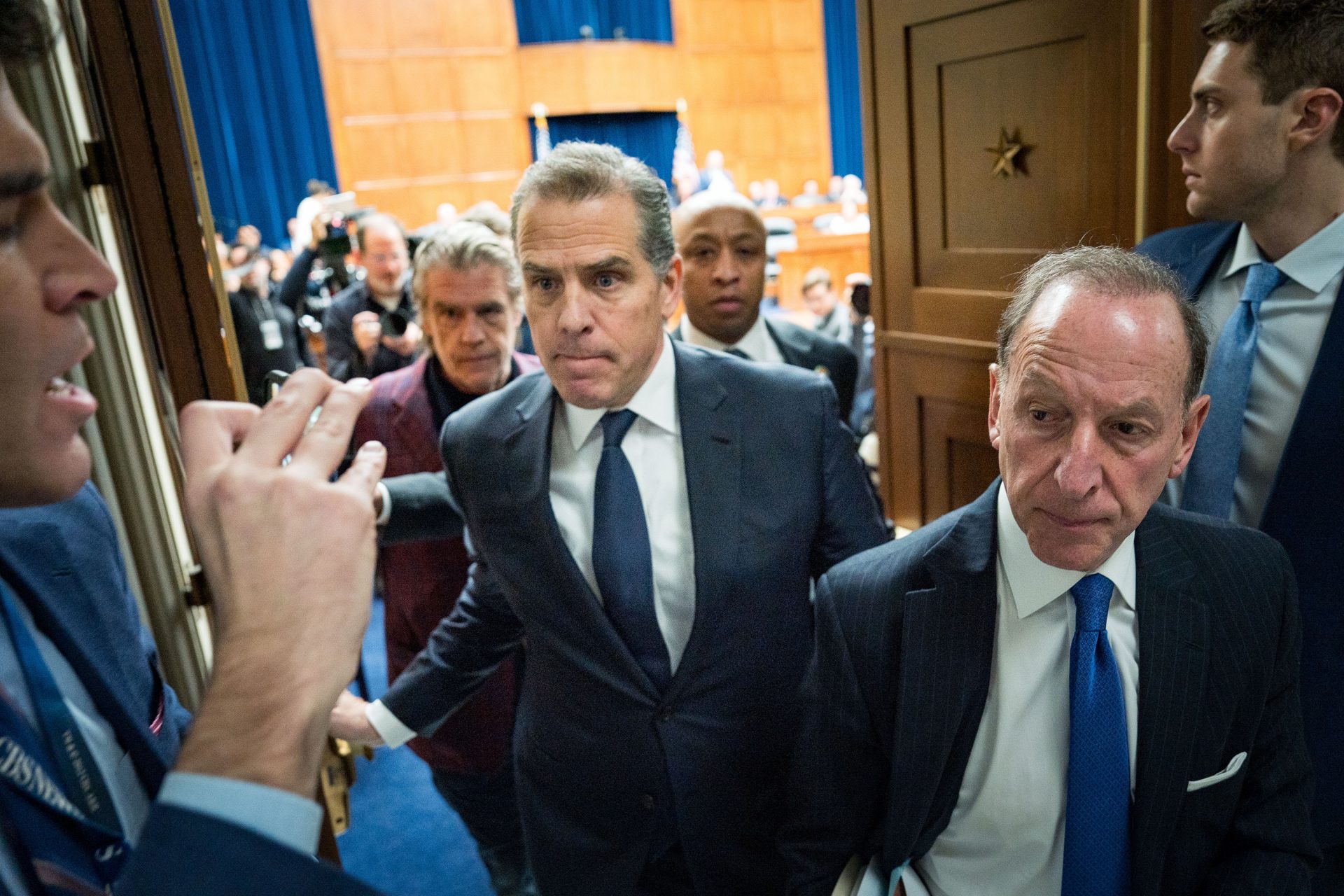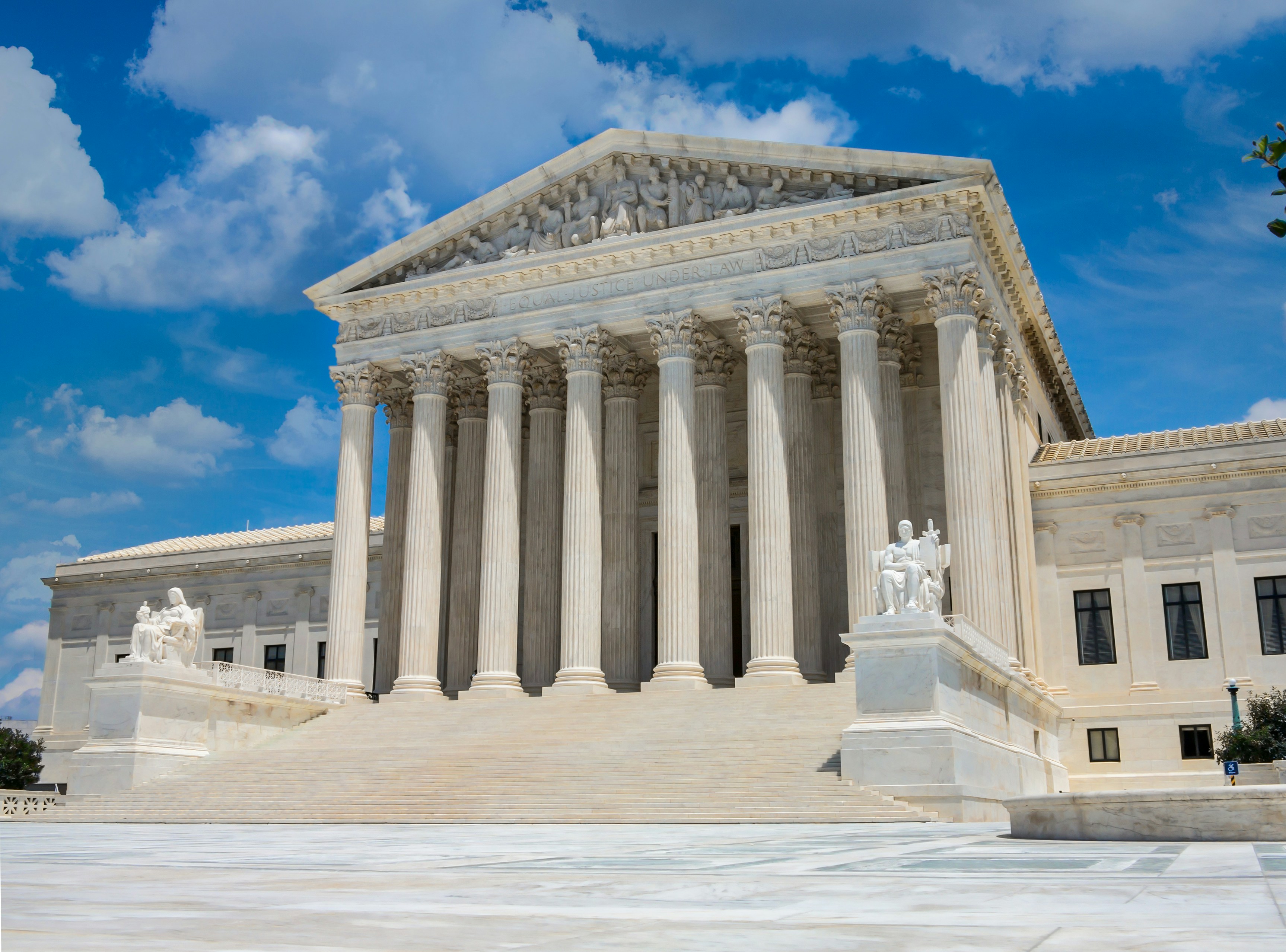By Matt Hamilton, Los Angeles Times (TNS)
Hunter Biden, the son of President Joe Biden, pleaded not guilty Thursday in downtown Los Angeles on federal tax charges—one of two criminal cases filed after the collapse of a plea deal that would have averted trial during the 2024 campaign season.
Biden, a resident of Malibu, was indicted last month in California on nine tax offenses, including failing to pay his taxes on time from 2016 to 2019, filing false and fraudulent tax returns in 2018, and tax evasion. The charges span a period when Biden, 53, was addicted to alcohol and crack cocaine and, as laid out in a 56-page indictment, spending profligately on hotels, drugs and cars and adult entertainment.
Appearing in a navy blue suit and tie, Biden stood beside his defense attorney, Abbe Lowell, and entered his plea before U.S. District Judge Mark Scarsi. Formerly a prominent L.A. based intellectual property attorney, Scarsi was appointed by the federal bench by former President Trump.
“You are here today because you have been accused by the United States with a criminal offense,” Scarsi told Biden at the outset of the 30-minute hearing, later asking, “Have you had the opportunity to review the indictment?”
“Yes, your honor,” Biden replied. Later, a clerk for the judge asked Biden, “How do you plead to counts one through nine in the indictment? Guilty or not guilty?”
“Not guilty,” Biden said.
Biden’s case drew legions of press from around the world, with TV crews set up overnight outside the First Street Courthouse in downtown.
The court appearance comes a day after Biden surprised lawmakers in Capitol Hill by arriving at a hearing where Republican Congressional leaders were pushing to hold the president’s son in contempt. Last month, rather than sit for a closed-door questioning in response to a subpoena, Biden addressed the press and vowed to only testify in an open hearing, to avoid selective leaks of his testimony.
“Republicans do not want an open process where Americans can see their tactics, expose their baseless inquiry or hear what I have to say. What are they afraid of?” Biden told reporters on Dec. 13.
Contempt charges against Biden were passed in both the House oversight and judiciary committees, with unanimous Republican support and all Democrats opposed.
The tax case in L.A. along with a separate criminal case in Delaware—on charges that Biden lied on a federal firearms form when he swore he was not addicted to drugs—were both filed after a plea deal collapsed this summer. Under that deal, he would have received two years of probation for pleading guilty to misdemeanor tax charges, and he would have avoided prosecution on the firearms case under a diversion agreement.
Biden has also pleaded not guilty to the Delaware firearms case, and his legal team—led by Abbe Lowell—has moved to dismiss those charges as unconstitutional, the result of a vindictive and politically motivated prosecution, and barred by the very diversion agreement that was part of the plea deal. Biden’s lawyers maintain that agreement is still valid and binding; prosecutors disagree.
In Thursday’s hearing, Scarsi, the judge, noted that he had reviewed the pending motions in the Delaware case, adding, “It would not surprise me if the same issues raised in Delaware are raised here.”
In the tax case, prosecutors allege that Biden “willfully” failed to file and pay his taxes to the Internal Revenue Service on time, and that he instead plunked down cash for a bacchanalia across L.A. featuring “drugs, escorts and girlfriends, luxury hotels and rental properties, exotic cars, clothing, and other items of a personal nature.”
Prosecutors allege that when preparing tax returns in 2020, in the early months of his sobriety, Biden misclassified a long list of personal expenses from 2018 as business expenses to reduce his tax burden. Those expenses include tuition for his daughter and a Venmo payment to an exotic dancer, according to the indictment.
If convicted of all charges—six misdemeanors and three felonies—Biden would face a maximum penalty of 17 years in prison, although federal guidelines would call for a far shorter sentence.
But the case is still complicated for prosecutors. For one, Biden has already paid off his tax debts, largely with the help of loans from a wealthy L.A.-based entertainment attorney who is now a close friend, Kevin Morris. Second, the charges occurred during a period when Biden dealt with highly publicized addiction issues.
His lawyers are expected to point to his well-publicized addiction to explain his chaotic financial affairs and that, once sober, he was able to pay off his taxes plus penalties and interest.
In his brief appearance last month, Biden acknowledged his mistakes and mishandling his affairs but scoffed at the allegations—which are unsubstantiated—that his father profited off his son’s business dealings.
“In the depths of my addiction, I was extremely irresponsible with my finances. But to suggest that is grounds for an impeachment inquiry is beyond the absurd. It’s shameless. There is no evidence to support the allegations that my father was financially involved in my business, because it did not happen,” Biden said in December.
______
©2024 Los Angeles Times. Visit at latimes.com. Distributed by Tribune Content Agency LLC.
Thanks for reading CPA Practice Advisor!
Subscribe Already registered? Log In
Need more information? Read the FAQs




